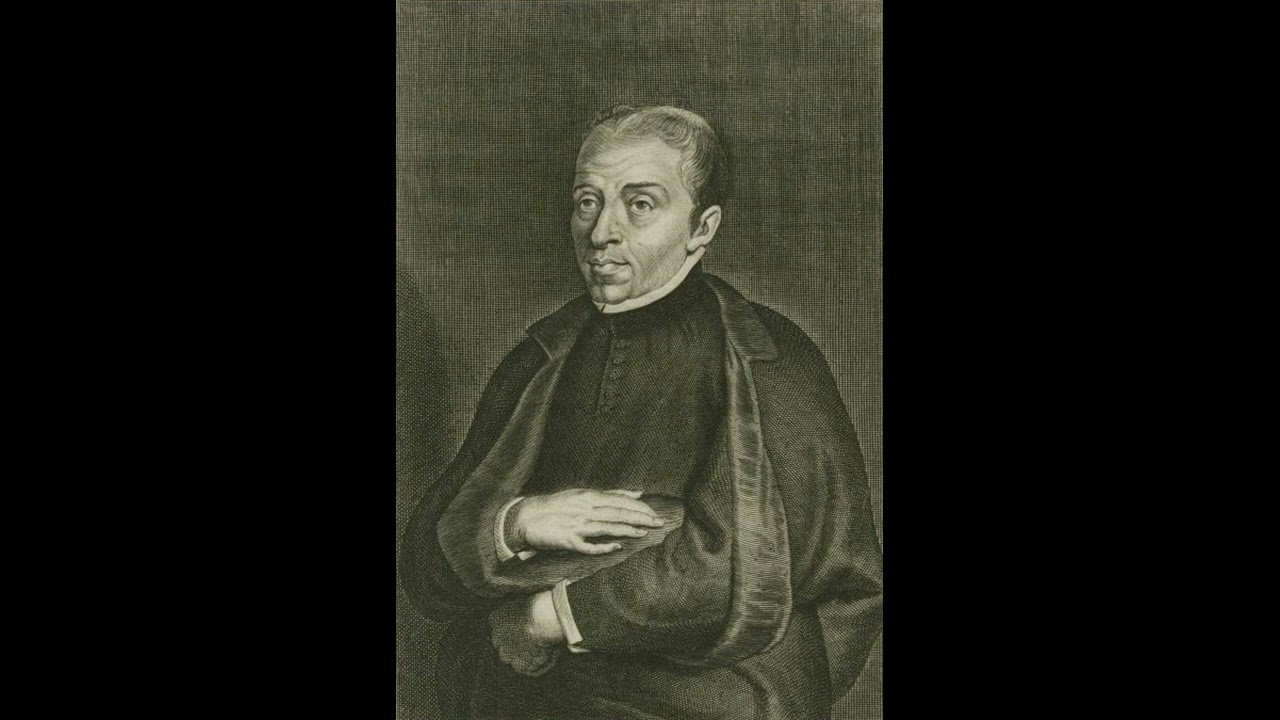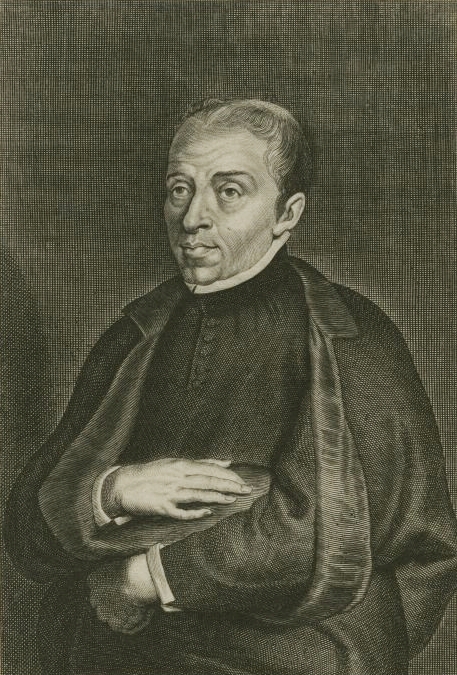Duarte Lobo was a prominent figure in the realm of Portuguese music during the Baroque era. Born in Alcáçovas, Portugal, around the year 1565, Lobo’s exact birth date remains somewhat elusive to historians. Despite this ambiguity, his impact on the musical landscape of his time is undeniable.
Lobo’s early life is veiled in mystery, with sparse details available about his upbringing and education. However, it is believed that he received his musical training either in Portugal or through a Jesuit education. His talent flourished under the tutelage of esteemed musicians of the time, contributing to his eventual emergence as a distinguished composer.
In 1594, Duarte Lobo became the maestro de capela (chapel master) at the Cathedral of Lisbon, a position he held for several decades. This prestigious role provided him with a platform to showcase his compositional prowess and solidified his reputation as one of the leading musical figures in Portugal. As maestro de capela, Lobo was responsible for composing sacred music for the cathedral’s liturgical services, leaving behind a significant body of work that exemplified the rich musical traditions of the Baroque period.
Lobo’s compositions encompass a wide array of sacred music, including masses, motets, and lamentations. His works are characterized by their intricate counterpoint, expressive melodies, and meticulous attention to text setting. Influenced by both the polyphonic traditions of Renaissance music and the emerging styles of the Baroque period, Lobo’s compositions display a remarkable blend of innovation and reverence for tradition.
Despite his considerable contributions to the musical landscape of his homeland, Duarte Lobo remains relatively overshadowed by his European contemporaries such as Giovanni Pierluigi da Palestrina and Tomás Luis de Victoria. However, in recent years, there has been a renewed interest in Lobo’s music, with scholars and performers alike recognizing the depth and beauty of his compositions.
Duarte Lobo’s legacy endures through his timeless music, which continues to captivate audiences and musicians alike centuries after his passing. His mastery of polyphony and his ability to evoke profound emotion through his compositions ensure his place among the most esteemed composers of the Baroque era, leaving an indelible mark on the history of Portuguese music.


Comments are closed